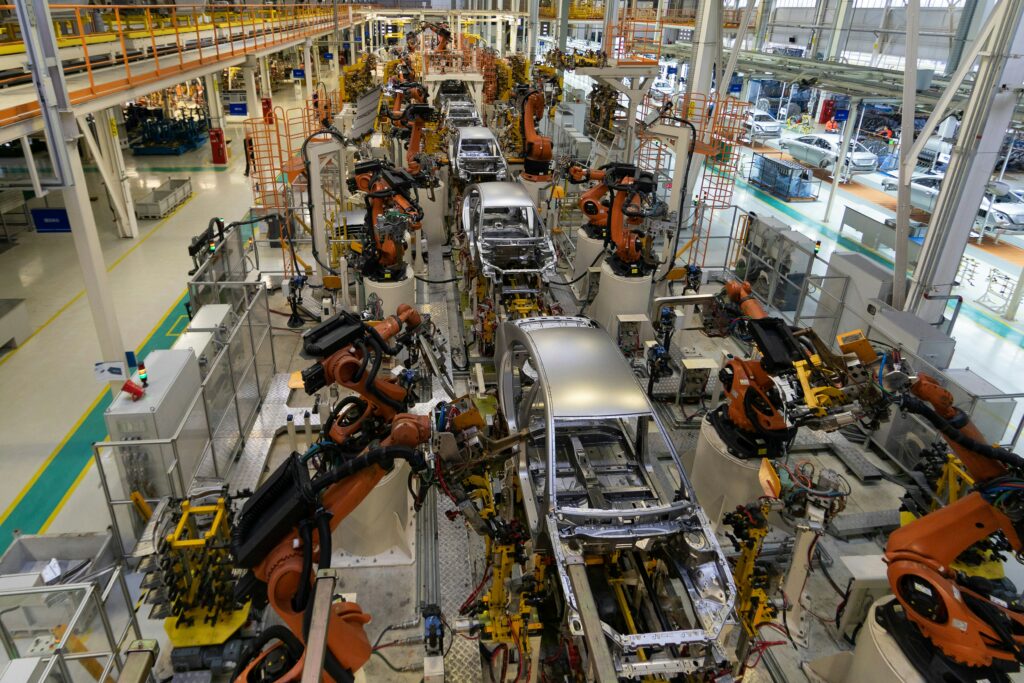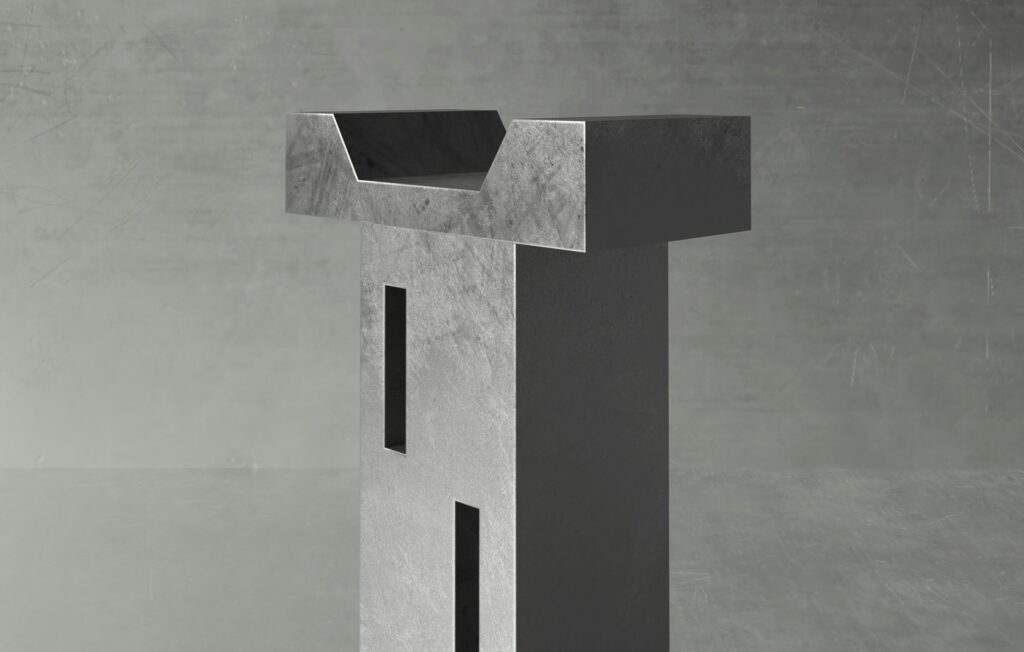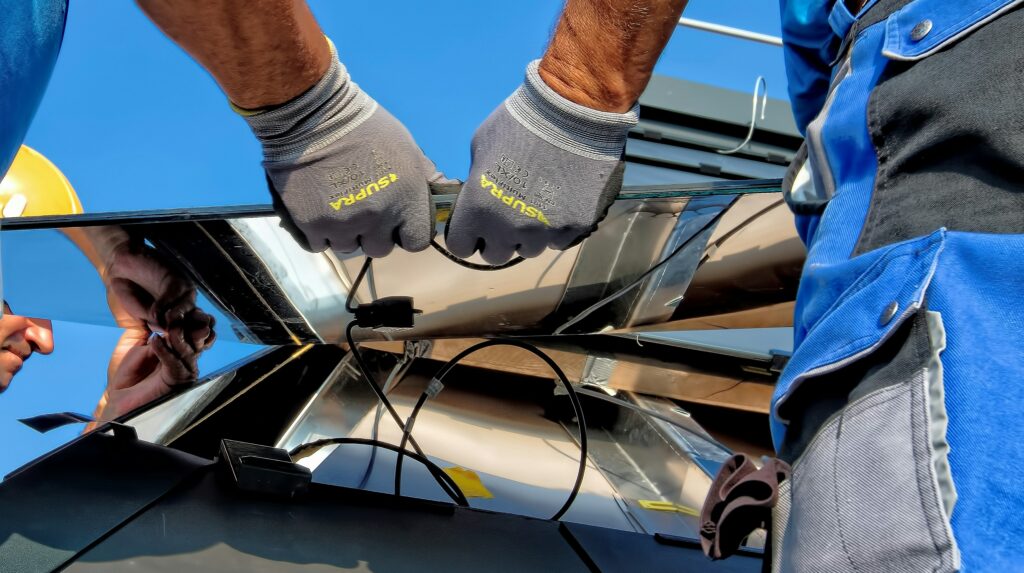Aluminium has always been a versatile and reliable material for a wide range of applications, from construction and automotive to aerospace and manufacturing. As we look to the future, the aluminium industry is expecting significant growth and transformation due to advancements in technology, customer demands and an increased focus on sustainability.
In the UK, where precision and innovation are highly valued, businesses will need to adapt their strategies to methods to stay ahead of the curve. In this article, we’ll explore the latest developments in the world of aluminium, from cutting-edge techniques to eco-friendly practices, and how they’re set to revolutionise different industries.

Aluminium trends and future expectations
Sustainability and eco-friendly practices
With sustainability becoming a top priority for many industries, the aluminium sector is increasingly shifting towards more eco-friendly practices. Aluminium is already a highly recyclable material, with nearly 75% of all aluminium ever produced still in use today. However, the future will see even greater emphasis on reducing the carbon footprint of aluminium production through the likes of increased recycling and green aluminium production.
The concept of “green aluminium” is gaining attraction from companies looking to invest in renewable energy sources such as hydroelectric, solar, and wind power to produce aluminium. This shift not only lowers carbon emissions but also helps meet the growing demand for eco-friendly materials.
Technological advancements in bending and fabrication
- CNC bending machines: Computer Numerical Control (CNC) technology is transforming the aluminium bending process by providing high levels of precision and consistency. CNC bending machines are capable of creating intricate bends with minimal human intervention, reducing the likelihood of errors and improving productivity.
- Laser cutting and aluminium bending: The use of laser technology in aluminium bending is becoming more prevalent, allowing for faster and more accurate cuts. This technology is particularly useful for creating complex shapes that were previously difficult or impossible to achieve. Laser cutting also minimises material wastage and ensures a cleaner finish, making it an increasingly popular choice for high-precision applications.
- Automation and robotics: Automation is playing a significant role in the aluminium industry, with robotic systems taking over tasks that were once labour-intensive and only done by hand. These systems can handle multiple stages of the bending process, from loading and unloading to quality inspection, resulting in faster turnaround times, reduced production costs and reduced labour costs.

Advanced aluminium alloys
Researchers are beginning to develop new aluminium alloys that offer improved strength, durability, and corrosion resistance while remaining lightweight. These advanced alloys can withstand higher stress levels, making them ideal for applications in industries that require robust yet lightweight materials.
Digitalisation and Industry 4.0 Integration
Digital transformation is reshaping the aluminium industry by introducing smarter, more efficient ways of working. The integration of Industry 4.0 technologies, such as the Internet of Things (IoT), artificial intelligence (AI), and data analytics, is enabling manufacturers to optimise their processes and improve product quality. Here are just a few ways in which digitalisation is being incorporated into the aluminium industry:
- Smart factories: Smart factories are being equipped with modern solutions such as IoT sensors and connected devices, allowing real-time monitoring of production lines. This connectivity provides valuable insights into equipment performance, enabling predictive maintenance and reducing downtime. In turn, this increases productivity and ensures more efficient processes.
- AI-driven quality control: Artificial intelligence is being used to improve quality control in aluminium fabrication. AI systems can quickly identify defects and inconsistencies, allowing manufacturers to address issues before they become costly problems.
- Digital twin technology: Digital twins are virtual replicas of physical assets that allow manufacturers to simulate and test different scenarios before implementing changes in real life. This technology is being used to optimise aluminium bending processes, identify potential improvements, and reduce the time it takes to bring new products to market.
Emerging industry trends
Certain trends in certain industries will push for innovation and adaptation in the aluminium sector. For example, the rise of electric vehicles is driving demand for lightweight materials to improve battery efficiency and range. Aluminium is playing a crucial role in the EV market, from lightweight body panels to battery casings and structural components. As the UK continues to push towards greener transport solutions, the aluminium industry is well-positioned to support this transition. Another key example is the increased need for aluminium in renewable energy projects. Its corrosion resistance and lightweight properties make it ideal for structures exposed to harsh weather conditions, while its recyclability aligns with the sustainability goals of the renewable energy sector.

Aluminium bending services for businesses across the UK
Aluminium bending specialists provide expertise and services in areas such as aluminium windows and doors, aluminium bending and aluminium section bending. We also offer aluminium windows in the form of commercial frames, arched, round and porthole.
So if you’re in search of a material that will stand the test of time, aluminium is that material.
If you’re ready to make your purchase, you can use our build-a-quote service to place your order, Or, if you’d like to speak to our team about your project please give us a call on 01623 259173.


